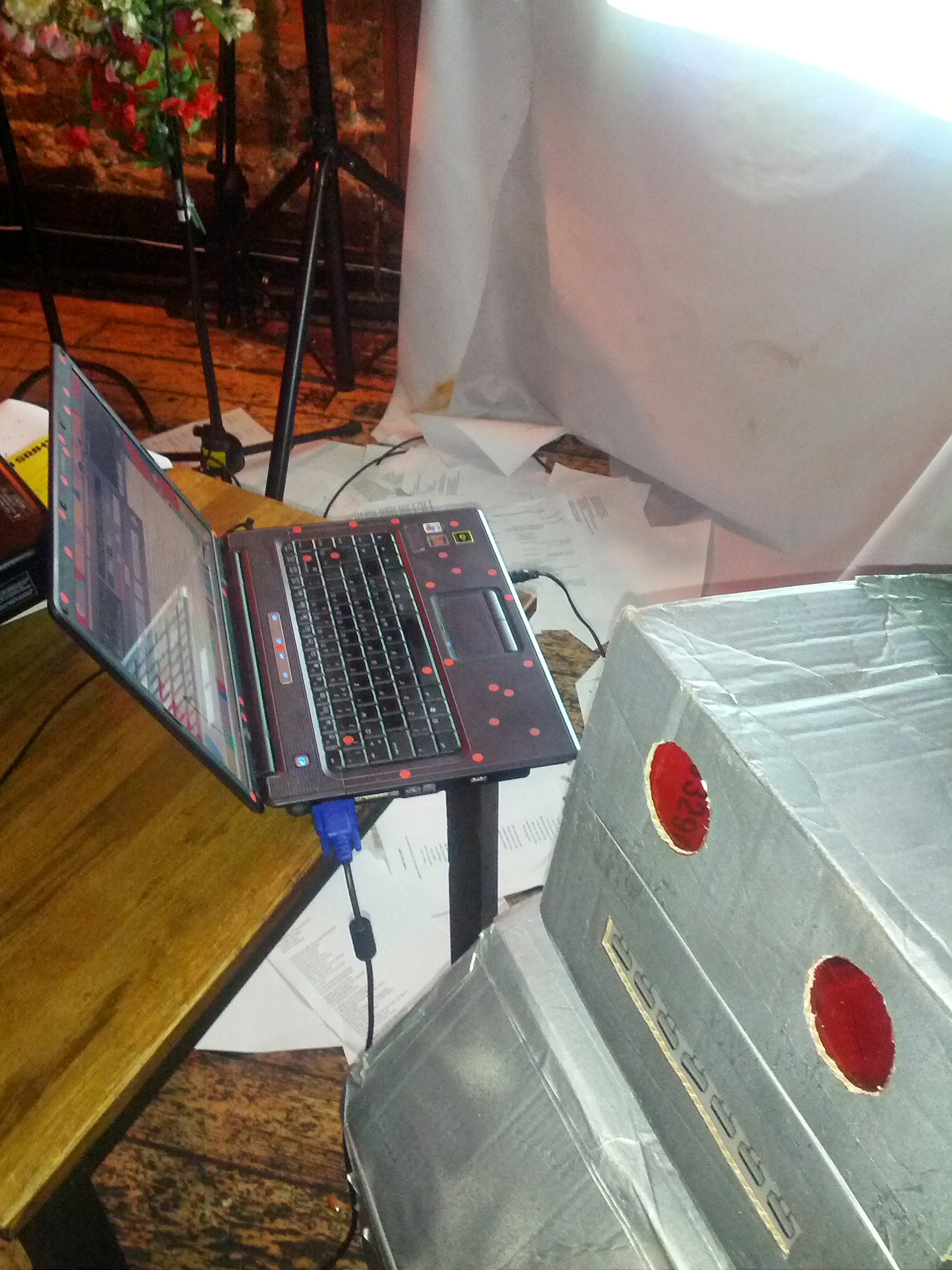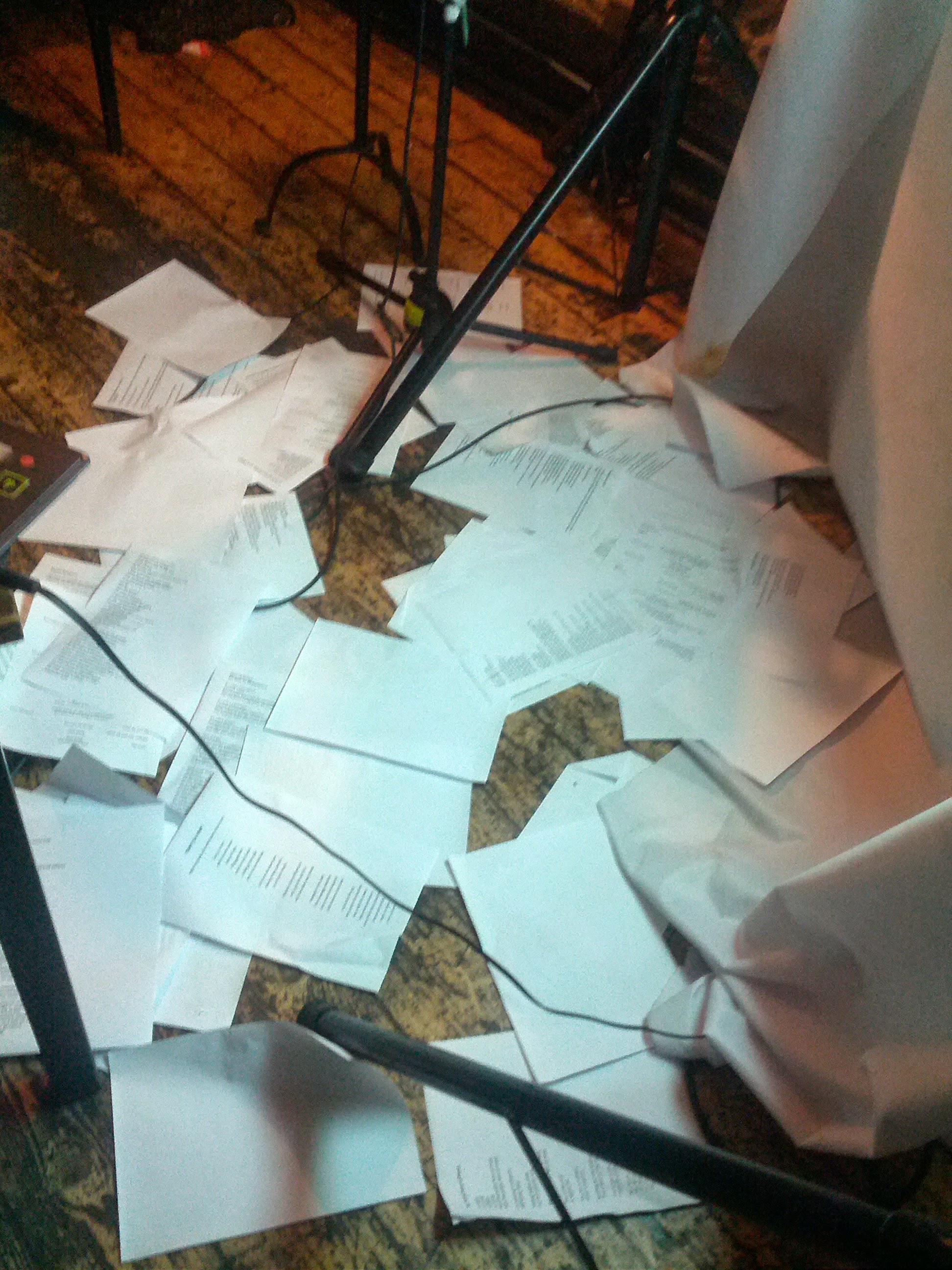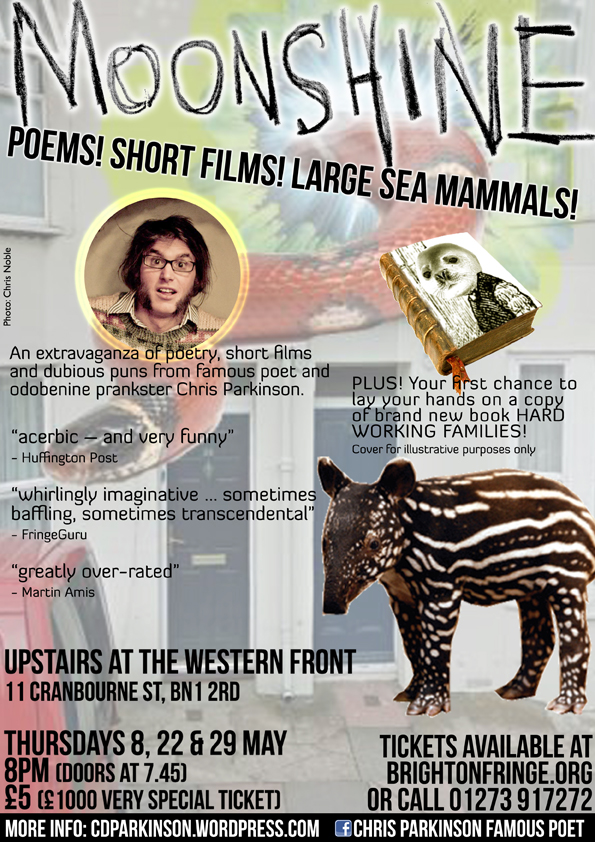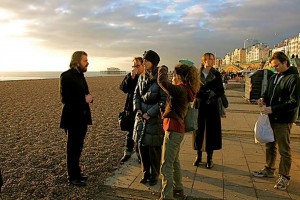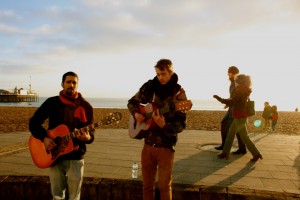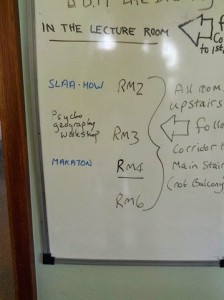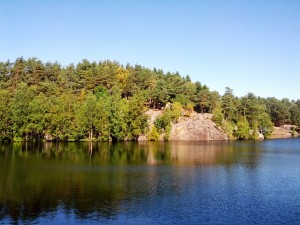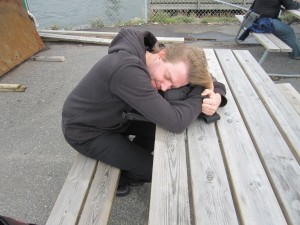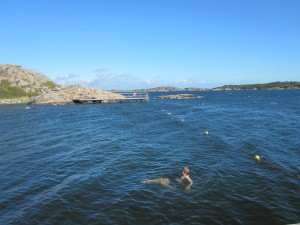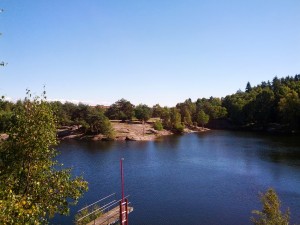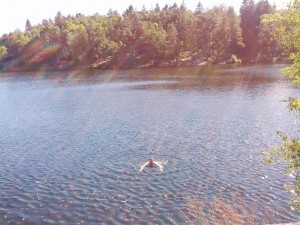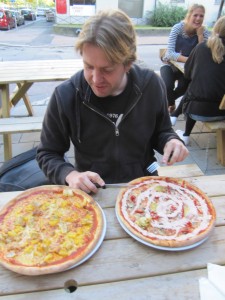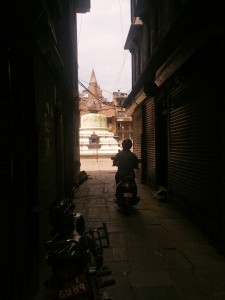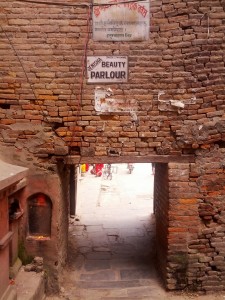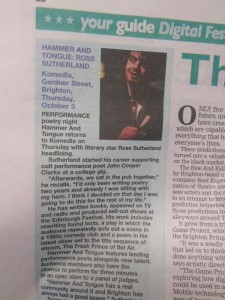I wrote most of this back in September, but it’s taken me a while to finish it off. I think it’s all still relevant.
The headline in Friday 20th September’s Argus was Hammer blow for i360 as private funding falls through. This referred to the latest chapter in the i360 story, with Brighton and Hove council debating whether to continue their support of the project in light of the latest collapse in funding.
The story’s opening paragraph was ambiguous: “The developer behind a £38 million tourist attraction said he had ‘no fears’ it will be delivered – despite the hammer blow of private funding falling through.” The article later expanded on this quote: “David Marks, who is behind the scheme, told The Argus he has ‘no fears’ over delivering it,” which is slightly clearer.
Planning permission was originally granted for the i360 in October 2006 and a series of proposed completion dates have swept by. The current plan is for the attraction to open some time in 2015. I’ve been following the sagas of the Brighton Wheel and the i360 for a few years now. I have no special insight into the topics involved beyond an ability to use Google. Any conclusions or predictions should be taken with a pinch of salt – I’ve previously told people, at length, how the Brighton Wheel was a ridiculous project with no chance of success.
The three main questions I had about the project were:
- Isn’t the annual visitor estimate of 800,000 people far too high?
- Why are the council lending £15 million to this project in the midst of appalling cuts?
- Why is the i360 continuing when it is a ridiculous project with no chance of success?
A lot of these questions are answered in greater detail in the documentation that comes with the i360 Loan Agreement, and my summaries are below.
Visitor Estimates
The commercial predictions for the i360 are based upon receiving 800,000 visitors in the first year. On the face of it, that estimate seems too high. The maximum capacity for the eye is 200 people. Each trip lasts twenty minutes, with the exception of the ‘Skybar’ evening rides, which will last 30 minutes. The expected visitor numbers average out at 2200 people per day.
At first this appears high, particularly given how poor trade at the Brighton Wheel seems to be. Some of the commenters on the Argus article have made similar calculations. But if the estimate is so bad that an Argus commenter can see the flaws, one would expect architects and councillors to figure that out too. The visitor estimates were run by AECOM Economics and their work is pretty sophisticated. Their report (included in the loan agreement) lists some of their previous visitor predictions and they seem to have done a good job.
The documentation with the Loan agreement explains that there will be 27 rides a day, averaged over the year (which actually seems a little high when the ride is open between 6 hours a day, Nov to Feb, and 12 hours a day, May-Aug – 27 twenty-minute rides will take up to 9 hours, excluding loading and unloading). This means an average of 81 people on each ride.
Looking at other attractions provides a good basis for these predictions. The London Eye has 3.5 million visits, with a peak of 4 million in 2003. 5 million people a year visit Brighton’s beach and the Pavilion receives 350k visitors. Apparently “if the Brighton i360 performed as well [as the London Eye, based on catchment area], this would mean it would achieve around 1.7m visitors a year”. If the i360’s performance is similar to that of the Spinnaker tower, which has underperformed, the project can apparently still make enough money to repay the council.
A sensible estimate is less interesting than the council supporting a project that makes no sense. The mundane truth is that the project ought to get the numbers estimated. I’m still baffled as to the attraction of the scenery visible from the i360 but if Blackpool Tower can get decent numbers for what is a truly boring view, Brighton’s i360 should do OK.
Project Funding
The main problem for the i360 is funding. The £38 million required is divided between public loans and private finance. The government has offered £3 million and the council are planning to take out a loan of £14 million which will then be loaned to the project. This loan is contingent upon sufficient private funding being available for the rest of the money.
Some people have asked why the council is lending a huge sum of money to a tourist attraction attraction when there are many other worthy causes. As the council’s website points out, “the government’s government’s strict guidelines mean we can only borrow to help commercial projects that make enough profit to more than cover these costs.”
The proposed private funding for the i360 fell through earlier this year, forcing the developers to go “back to the market”, but apparently nobody is willing to invest until the project is finished. As I understand it, the council has continued their support despite the setbacks meaning that the i360 saga will trundle on for a few more years.
Why is the project continuing?
My third question is why this saga is continuing. The reason for the council debate is that £20 million of private funding had fallen through with just weeks to go until the most recent start date. Despite this, the town hall has continued to support the project and continues to offer the loan, contingent upon sufficient private funding.
Discussing their loan guarantee, the council website reassures us “Bear in mind the investors signed up so far all think it’s viable – so does the government”. Which is somewhat contradicted by the continuing lack of substantial investment. But there are a lot of people with a lot invested in this project, people who have staked their reputations on it. The steel work for the tower has apparently already been made and is waiting to be moved to Brighton.
But the West Pier remains undeveloped, years after the project began. If this project isn’t going to happen, why can’t it be abandoned and someone else be given a chance? I don’t know the answer for sure, but a good comment was left below the Argus story by saveHOVE:
BHCC made a major mistake when its legal department deemed development to have started when a few bits sitting on the sea floor were picked up and cleared away by Marks Barfield people. It happened for 2 reasons:
1. It sent a message to the Brighton O applicants at the time that the space beside them was not available to help see that off and,
2. To prevent the time limit for use of their planning consent to expire. This is why we now suffer “planning blight” on that site which sees it stay as it is until forever.”
It was this removal of west pier ‘debris’ that sparked my interest in this issue. I loved the old ruins, how they would be revealed when the tide was low enough. I couldn’t see why they were removed in favour of a project that looked so unlikely. This theory gives some explanation – and we do have a series of retail developments due to open in the arches near the west pier. There is also the promise of “a new and thriving artisan quarter”. I’ll leave a rant on that to anyone who asks in person, but most of the artisans I know are crying out for cheap rent, not prestige developments..
In conclusion: the i360 seems to be a viable project, but nobody is willing to put money on the line for it.
